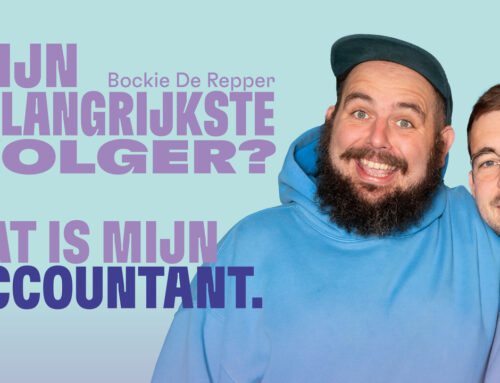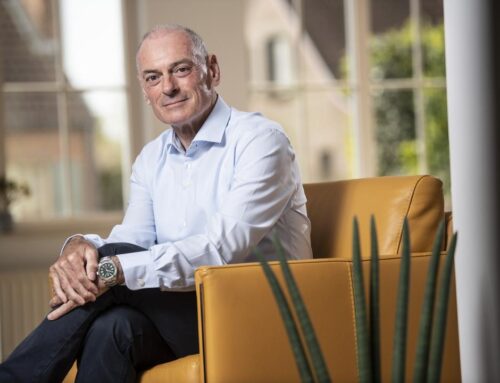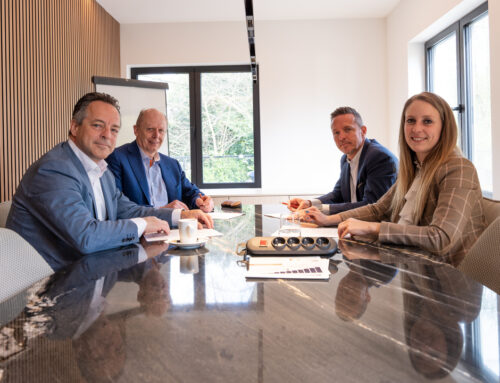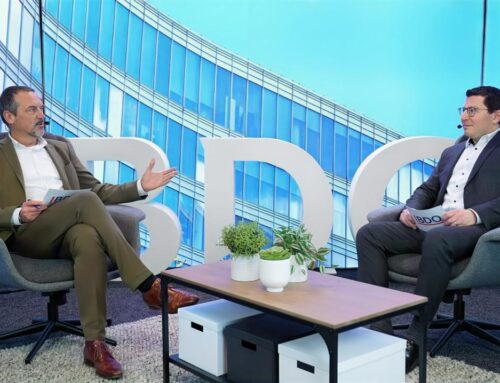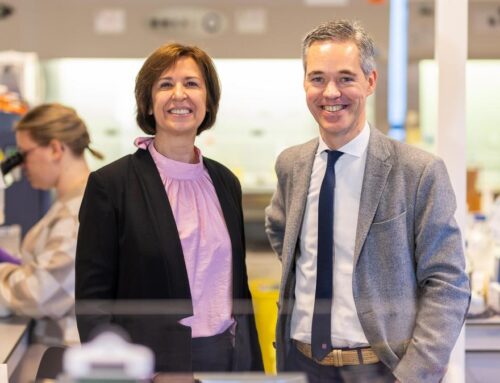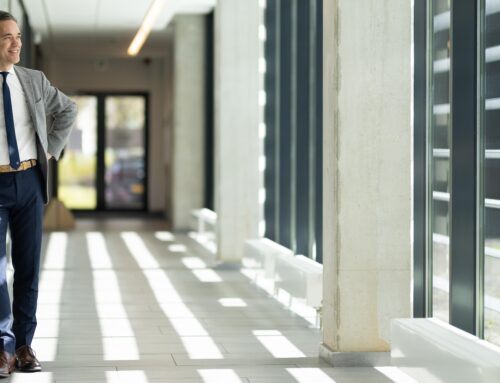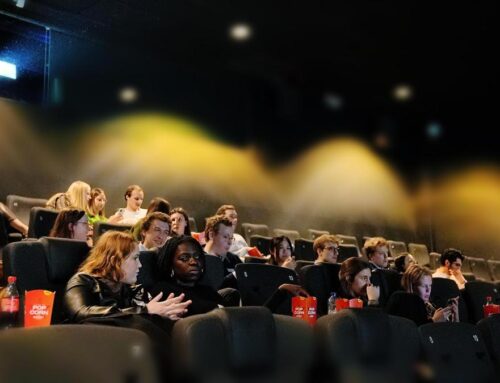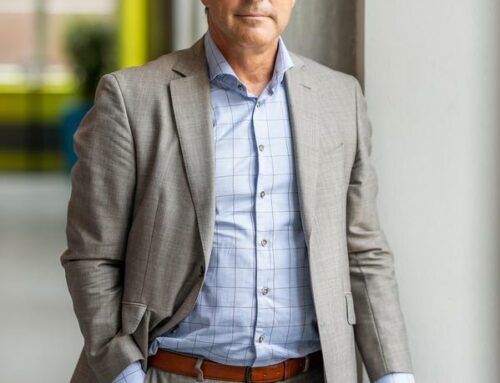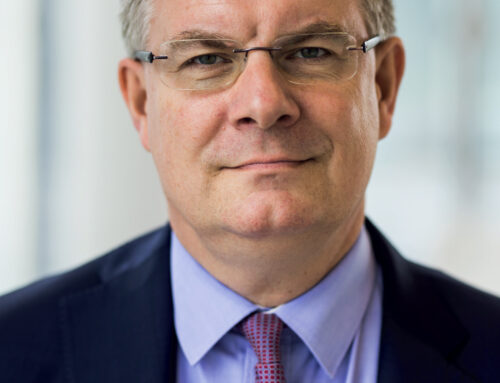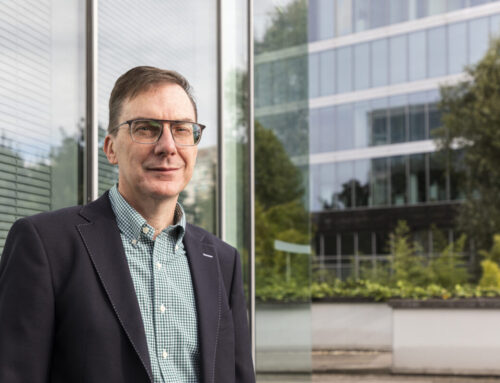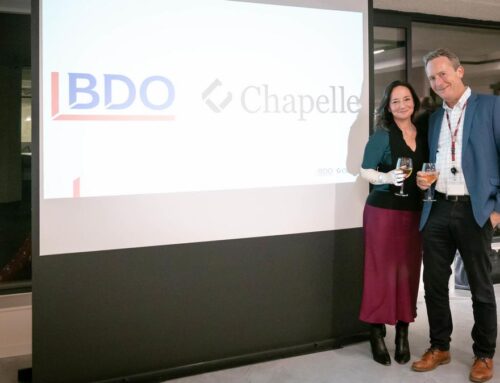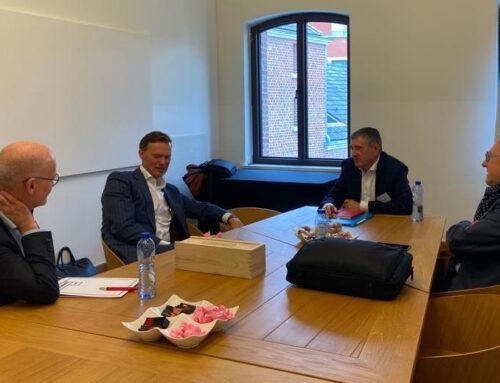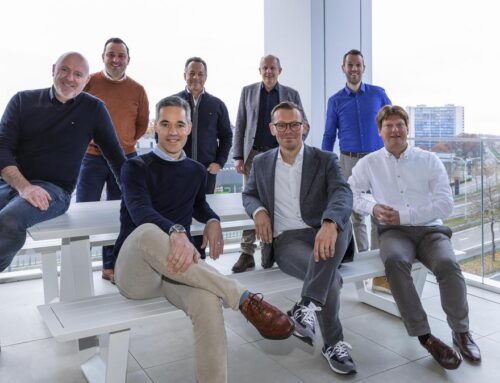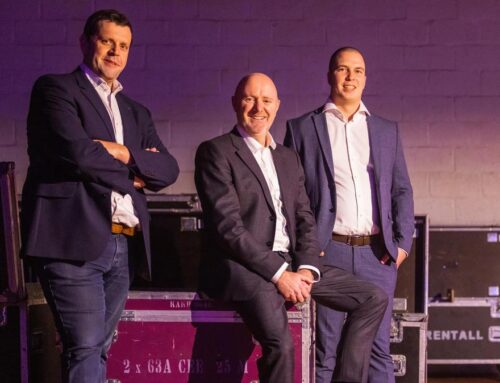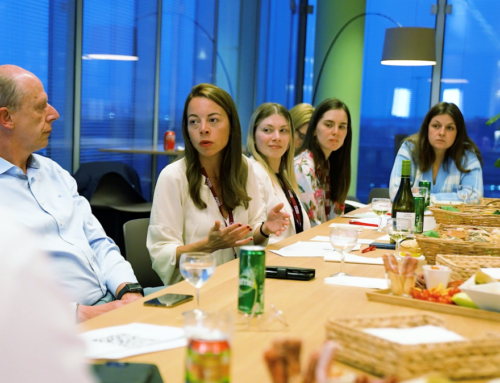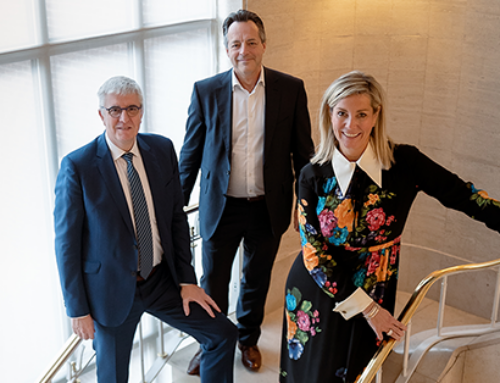Beyers Koffie: “No people, no cup of coffee!”
The greatest concern of coffee roaster Beyers Koffie is the health and safety of its employees. After all, no people means no production. “The task is to ensure that everyone stayed motivated and productive despite the strict health measures.”
Beyers Koffie, the coffee roaster based in Puurs with roots dating back to 1880, is one of the largest private label coffee roasters in Central Europe. It produces and distributes a wide range of coffee solutions, including private labels for third parties as well as its own brand names. “In Belgium, we are strongly represented on the Out Of Home market, where we supply tailor-made coffee solutions, including machines. Quality and sustainability form the leitmotif in everything we do,” explains CEO Marco Ciaramelli.
To The Point (TTP): What have been the greatest challenges since the outbreak of the COVID-19 crisis?
Marco Ciaramelli (MC): “The coffee market is a challenging sector in the best of times. However, due to the crisis, production became less stable and stock management more difficult, and, above all, we had to ensure our employees remained healthy. To keep production running, we enlisted the services of third parties for technical support and we relied on teleworking.”
TTP: Is innovation still important to maintaining productivity?
MC: “I am totally in favour of it. Even if you are not in control of everything. For example, we wanted to launch new aluminium coffee capsules – but due to a lack of supply, we had to freeze our investment. The objective of innovation is to crank up productivity; and COVID-19 put a brake on it. Social distancing decreases communication in the workplace, and this sometimes causes problems and therefore a loss in productivity. On the other hand, there was also a positive effect: the employees could focus more on the job. In any case, we continue to look for new solutions to stimulate productivity. For example, we want to link the different production plants together via the Internet of Things, we are trying to further automate routine processes using Robotic Process Automation (editor’s note: also read the article in To The Point 03/2019), and we are experimenting with replacing machine components assisted by video support.”
TTP: Our research shows that, since the outbreak, 80% of companies are relying on teleworking or flexible, hybrid workplaces.
MC: “Our production staff cannot telework. For the white-collar employees, we introduced a teleworking rotation system. Naturally, in times of crisis, productivity continues to be a major lever for Beyers Koffie. Nevertheless, looking after our employees is always our number one priority. Compliance with health measures in the workplace was crucial, given that a mass outbreak could bring the entire factory to a standstill. Effective, continuous communication has helped maintain people’s motivation and productivity.”
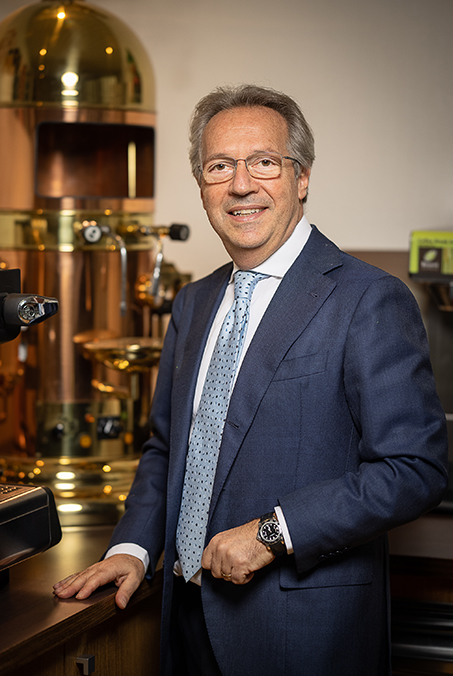
“My worst nightmare? That production comes to a standstill because of COVID-19 infections.”
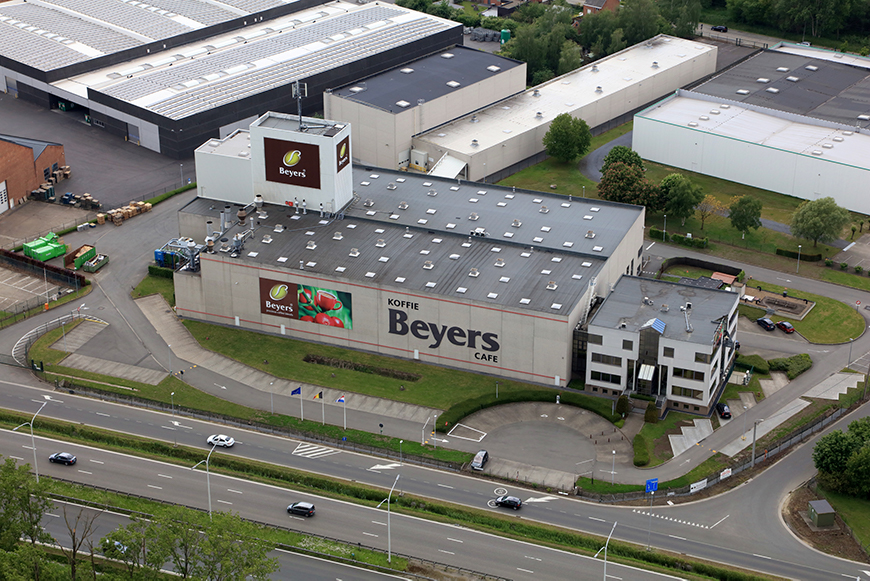
TTP: To what extent does the company’s location play a decisive role in a crisis such as this?
MC: “Not so much for our production plant. Our main concern is to keep production running. However, we are attracting new retail customers – such as Amazon – for which we have to deliver directly to the consumer. And this obviously has an impact on the way in which we organise our logistics and sales activities.”
Continuous communication helps maintain people’s motivation and productivity.
www.beyers.eu
Beyers Koffie produces and distributes a wide range of coffee solutions (capsules, beans, pads, roast & ground) primarily for private labels (95%) but also under its own brands: Beyers, Fort and Kimbo (5%). With the takeover of Beyers Caffè Italia in 2018, Beyers Koffie expanded its expertise in filling different types of capsules (Nespresso, Dolce Gusto, A Modo Mio, Caffitaly). Beyers supplies coffee products resulting from climate-neutral production processes across the entire value chain, from the plantation to the customer’s warehouse. The company plans to triple sales over the next 8 years, including through acquisitions. In the light of this strategy, it is expanding its production capacity in Puurs by 30%.

